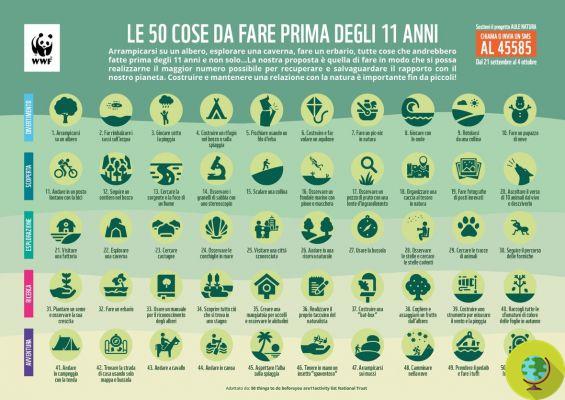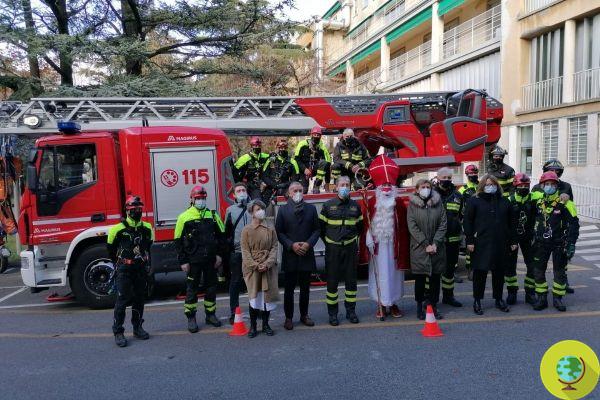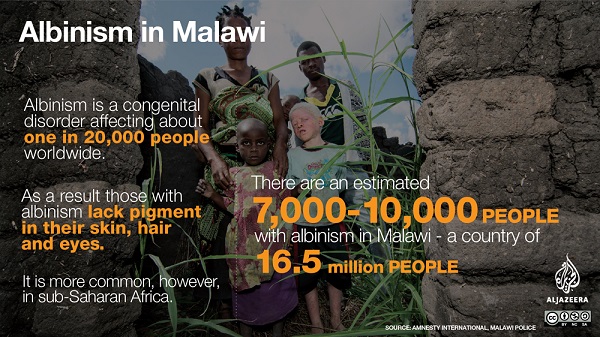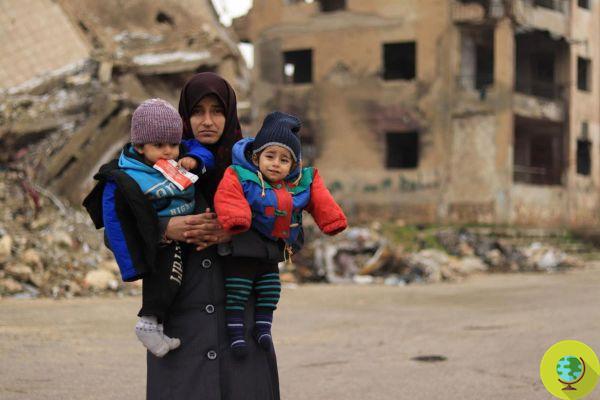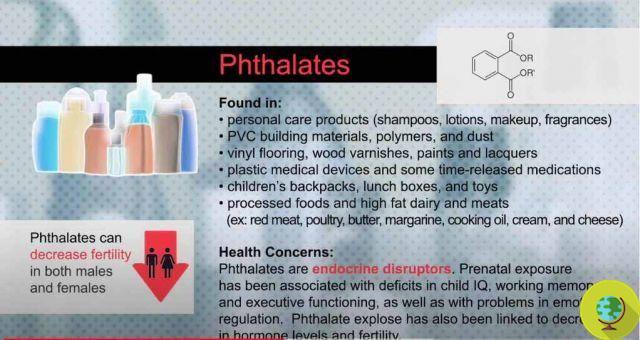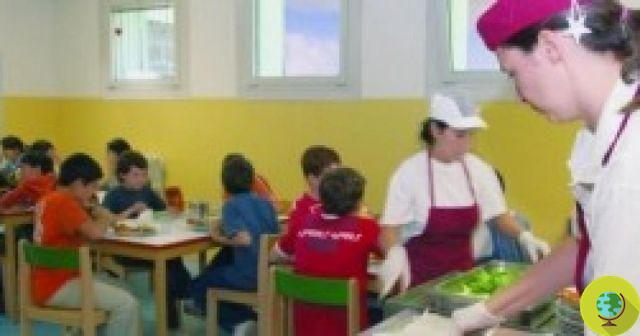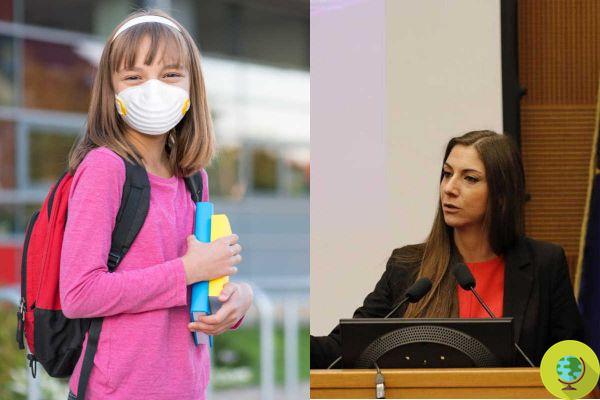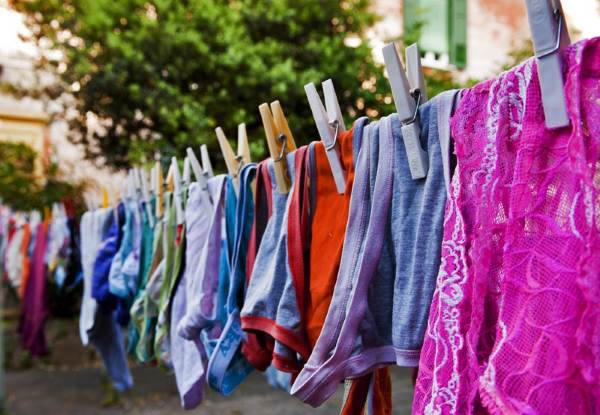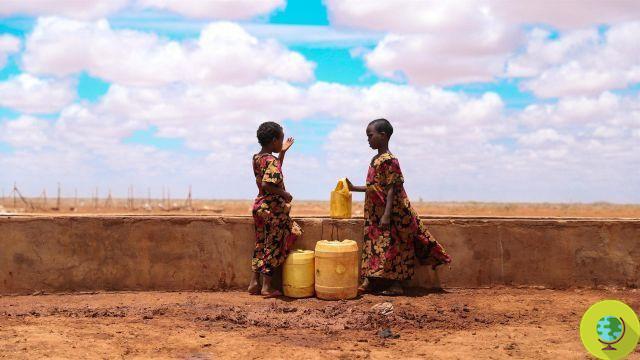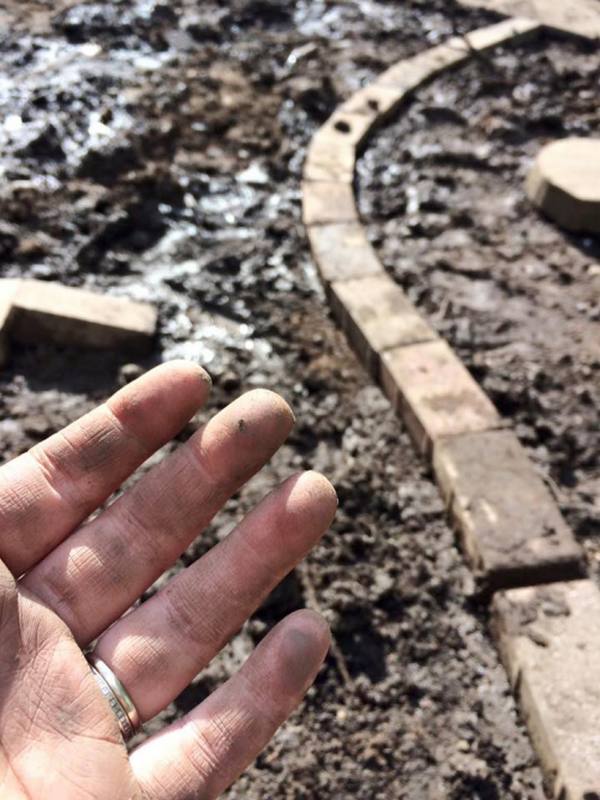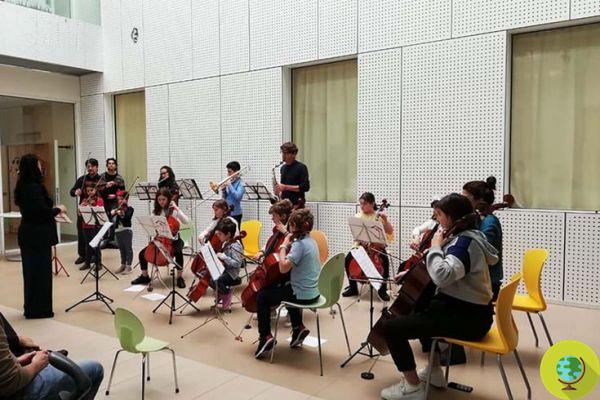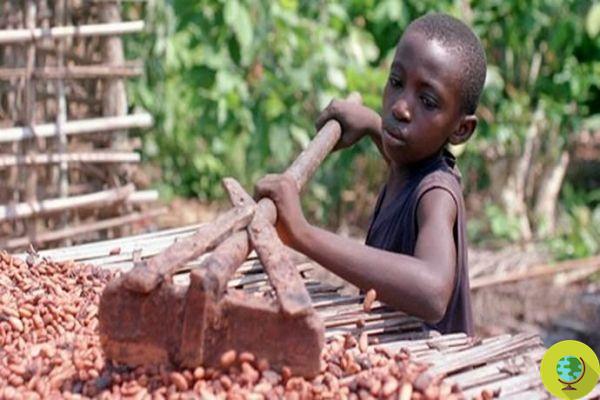
They are exposed to glyphosate, insects and even snake bites, have back problems and their bodies suffer from the countless hours they spend working. In Côte d'Ivoire, over a million children work on cocoa plantations to provide Western countries with chocolate on the table.
Don't store avocado like this: it's dangerous
They don't go to school and live in absolute poverty. In 2001, the chocolate industry was committed to eradicating child labor on cocoa plantations. Yet, in Ivory Coast, everything remained the same. This is what the journalists of France 2 documented in Special Envoy broadcast on 10 January.
An investigation that makes the blood shiver because, he shows us the dark side of chocolate that every day arrives on our tables.
The Ivory Coast is the world's largest cocoa producer: 40% of the beans harvested in the world come from this African country. In the west of the country, not far from the border with Liberia, there are thousands of small clandestine plantations, located in the heart of a protected forest.
One in three workers is a child working with a machete at the risk of getting injured. They are all under 14, from Burkina Faso and sold by human traffickers who keep them enslaved in the forest.
They cannot have contact with their parents, they do not receive any wages and they work exclusively for food. Only after a few years, they are entitled to a small plot of land and can resell the cocoa they produce.
In the camps they live without electricity or drinking water. Children sleeping in makeshift shelters covered in foliage in a region where malaria is endemic and snake bites are fatal. The high number of children of children involved in trafficking is unknown. But what is certain is that the parents agree because they have no other option to support their families.
Visualizza questo post on Instagram
When asked what he would tell people who eat chocolate made from slave labor, Drissa, a recently freed slave who had never even tasted chocolate, replied, “When people eat chocolate, they are eating my flesh.”⠀ ⠀ Our chocolate may be #vegan, but that does not mean it is #crueltyfree. This #NationalCocoaDay, learn more about the chocolate industry and what you can do to help. https://buff.ly/2l2FFLj *link in bio*⠀ ⠀
Un post condiviso da Food Empowerment Project (@foodempowermentproject) in data: Dic 13, 2018 at 2:08 PST
The children are then in close contact with the glyphosate, potentially carcinogenic pesticide. Everything seems even more absurd because as we said, officially, child labor would be prohibited in the Ivory Coast, but eighteen years have passed since the 2001 law and nothing seems to have changed.
Paul Moreira, the journalist who conducted this investigation, found that there is no traceability on these clandestine plots because the cocoa is mixed with other from plantations where they work in better conditions.
There is no barcode on cocoa bags, unlike in Ghana, for example. The beans are all mixed before being exported. In short, it is nearly impossible to be sure that the industrial chocolate we buy does not promote child labor.
The reality is also unsustainable from an ecological point of view, moreover: the Ivory Coast has lost 90% of its forests in 50 years.
Visualizza questo post on Instagram
Did you know today is International Day for the Abolition of Slavery? Learn more about slavery in the chocolate industry and how Food Empowerment Project helps you shop responsibly! https://buff.ly/2l2FFLj *link to website in bio*⠀ ⠀
Un post condiviso da Food Empowerment Project (@foodempowermentproject) in data: Dic 2, 2018 at 10:00 PST
At this point many will ask themselves: so should we stop eating chocolate?
No, just don't close your eyes to reality and try to put even more pressure on the cocoa industry to finally comply with the laws.
And in the meantime, CHOOSE FAIRTRADE CHOCOLATE!
Read also:
- 9 multinational chocolate companies that exploit children and treat them like slaves
- The bitter chocolate with the flavor of slavery and child exploitation
cover photo




